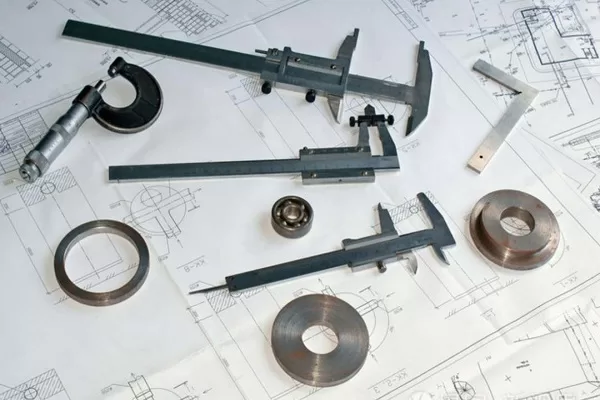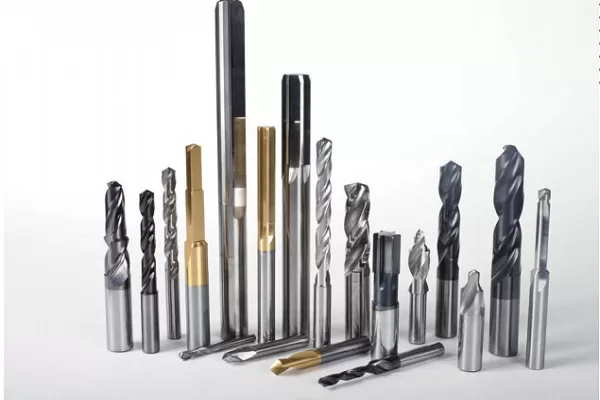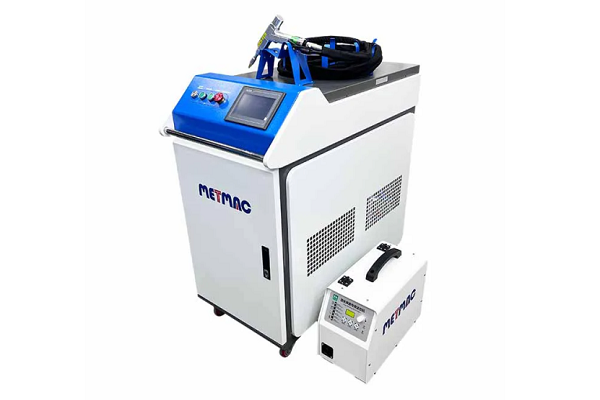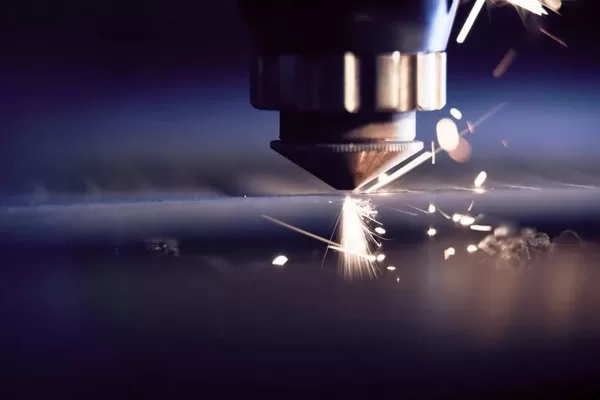
The Advantages of Hydraulic vs. Mechanical Metal Plate Bending Machines
- By:Metmac
- 2024-08-28
- 36
In the metal fabrication industry, bending metal plates into intricate shapes is a crucial process. Whether you’re a seasoned professional or just starting out, choosing the right metal plate bending machine is essential. Hydraulic and mechanical metal plate bending machines are two widely used options, each with its unique set of advantages.
Power and Precision
Hydraulic Bending Machines:
– Hydraulic machines utilize the power of pressurized oil, providing immense force with precise control.
– They can handle thick and heavy metal plates with ease, offering a wide bending range.
Mechanical Bending Machines:
– Mechanical machines, on the other hand, rely on gears and levers to generate power.
– While they may not offer the same level of power as hydraulic machines, they excel in high-volume, repetitive bending operations.
Speed and Efficiency
Hydraulic Bending Machines:
– Hydraulic machines operate faster than mechanical machines, reducing cycle times and increasing productivity.
– They can quickly reach the desired bending angle and hold it steady, minimizing the chance of errors.
Mechanical Bending Machines:
– Mechanical machines are slower than hydraulic machines, but they offer exceptional accuracy and repeatability.
– They are ideal for precise bending operations where speed is less important.
Versatility and Flexibility
Hydraulic Bending Machines:
– Hydraulic machines can be equipped with a wide range of tooling, allowing them to bend different materials and shapes.
– They are suitable for both short and long bending operations, even with complex radius curves.
Mechanical Bending Machines:
– Mechanical machines are more limited in terms of versatility. They are designed for specific bending operations and may not be suitable for a wider range of tasks.
Maintenance and Reliability
Hydraulic Bending Machines:
– Hydraulic systems require regular maintenance and occasional repairs to ensure optimal performance.
– The hydraulic fluid needs to be replaced periodically, and the components need to be inspected for leaks and wear.
Mechanical Bending Machines:
– Mechanical machines are generally more reliable than hydraulic machines, requiring less maintenance.
– They are more robust and less prone to breakdowns, making them a good choice for demanding applications.
Conclusion
The choice between a hydraulic and mechanical metal plate bending machine depends on the specific requirements of the application. For high-power, precision bending, hydraulic machines are the preferred choice. If speed and efficiency are critical, hydraulic machines also offer a significant advantage. However, for high-volume, repetitive bending operations or applications where accuracy and repeatability are paramount, mechanical machines are a reliable and cost-effective solution.
-
The Advantages of Using a Sheet Roll Forming Machine in Manufacturing
2024/09/14 -
How to Optimize Your Laser Sheet Cutting Machine for Maximum Performance
2024/09/12 -
How to Maximize Efficiency with Modern Sheet Metal Working Machines
2024/09/04 -
The Environmental Benefits of Using Duct Board Grooving Machines
2024/09/03
-
Integrating Automation with Rectangular Duct Machines for Enhanced Productivity
2024/05/11 -
Metal Shear Machines- Essential Tools for Precision Metal Cutting
2024/05/11 -
Understanding the Role and Function of Steel Strip Slitting Machines
2024/05/11 -
Maintenance Tips for Longevity of HVAC Duct Machines
2024/05/11
-
A Guide to the Latest Innovations in Sheet Metal Folding Machines
2024/11/29 -
Key Features to Consider When Investing in a Sheet Metal Folding Machine
2024/11/28 -
Enhancing Precision with Advanced Sheet Metal Folding Machines
2024/11/27 -
How to Choose the Right Sheet Metal Folding Machine for Your Workshop
2024/11/26



